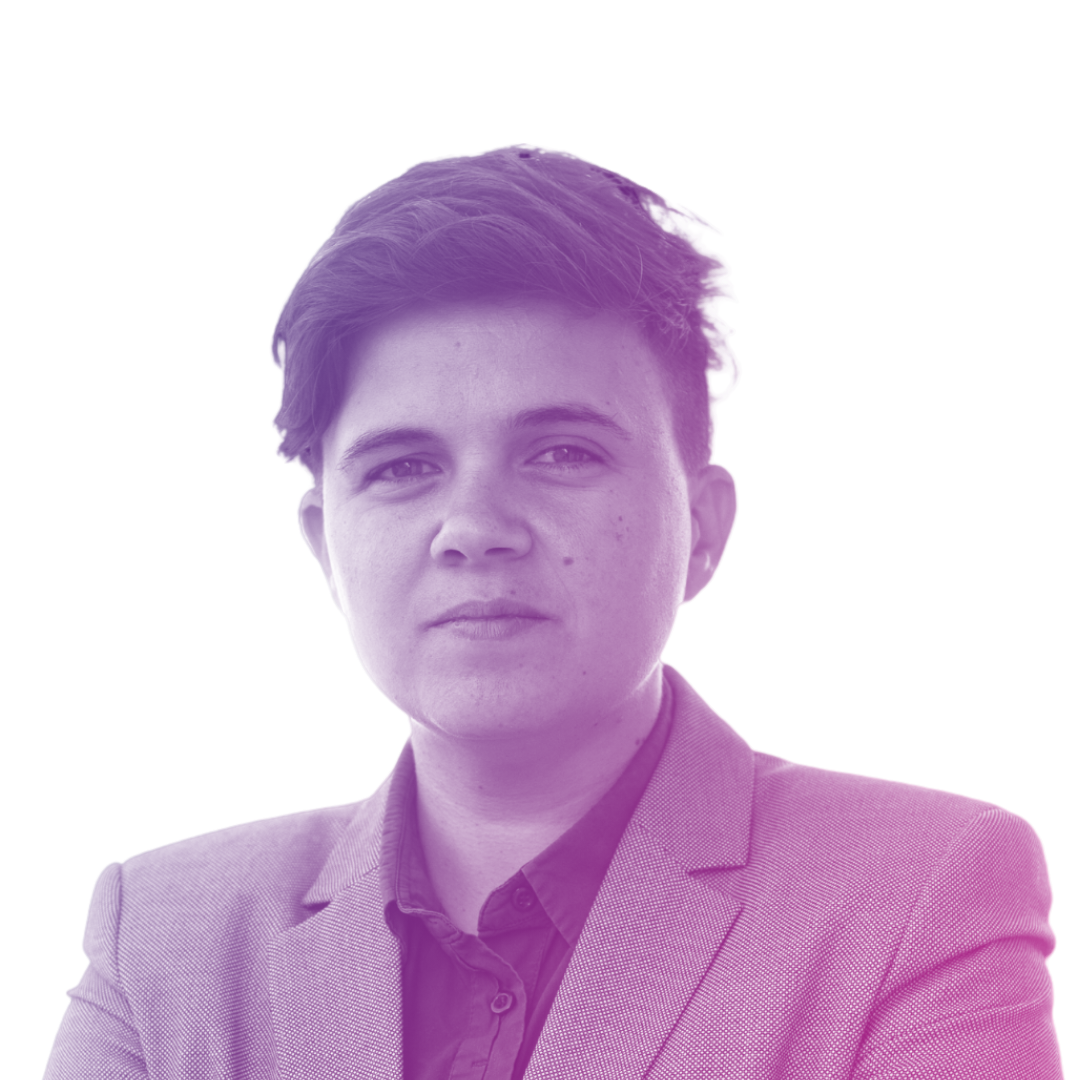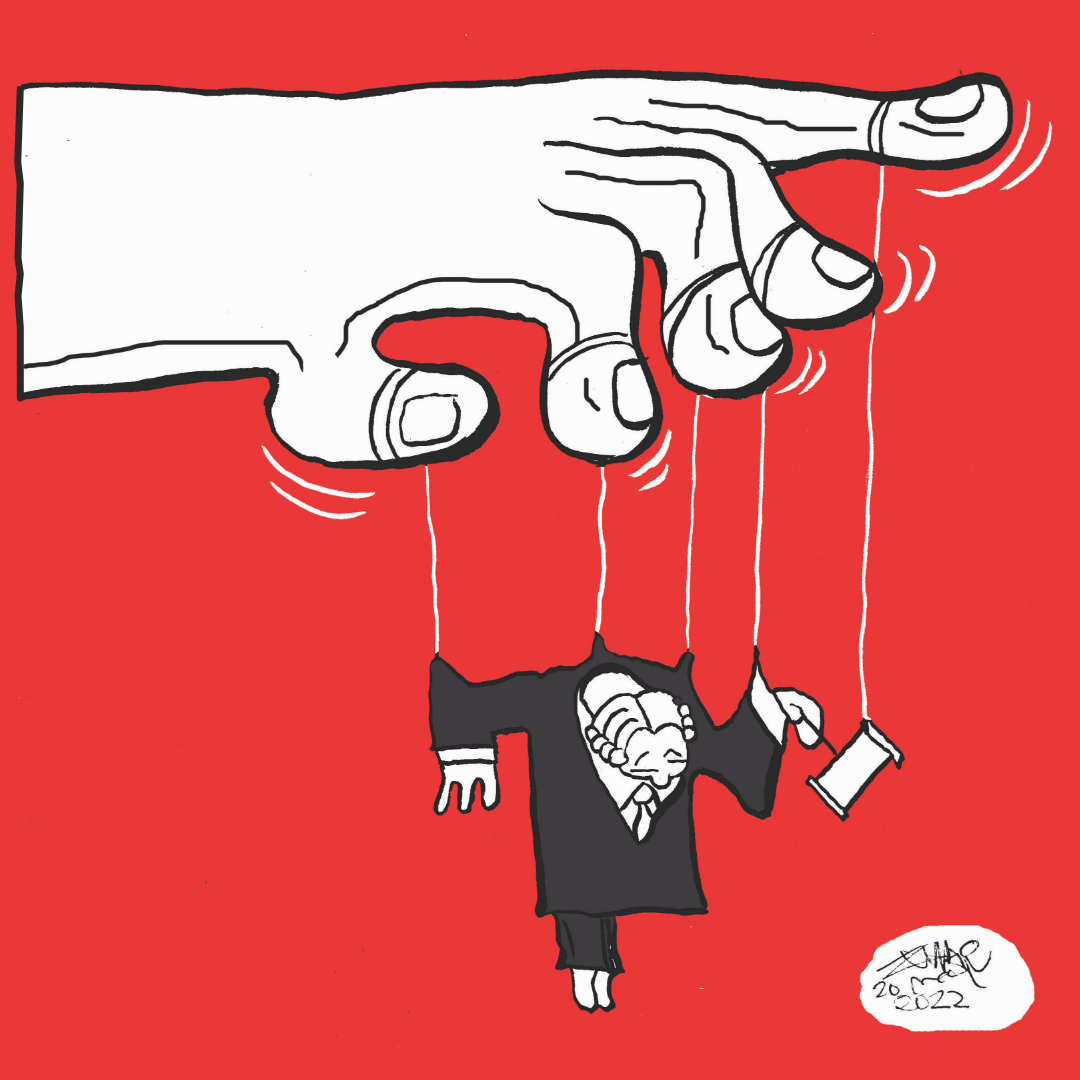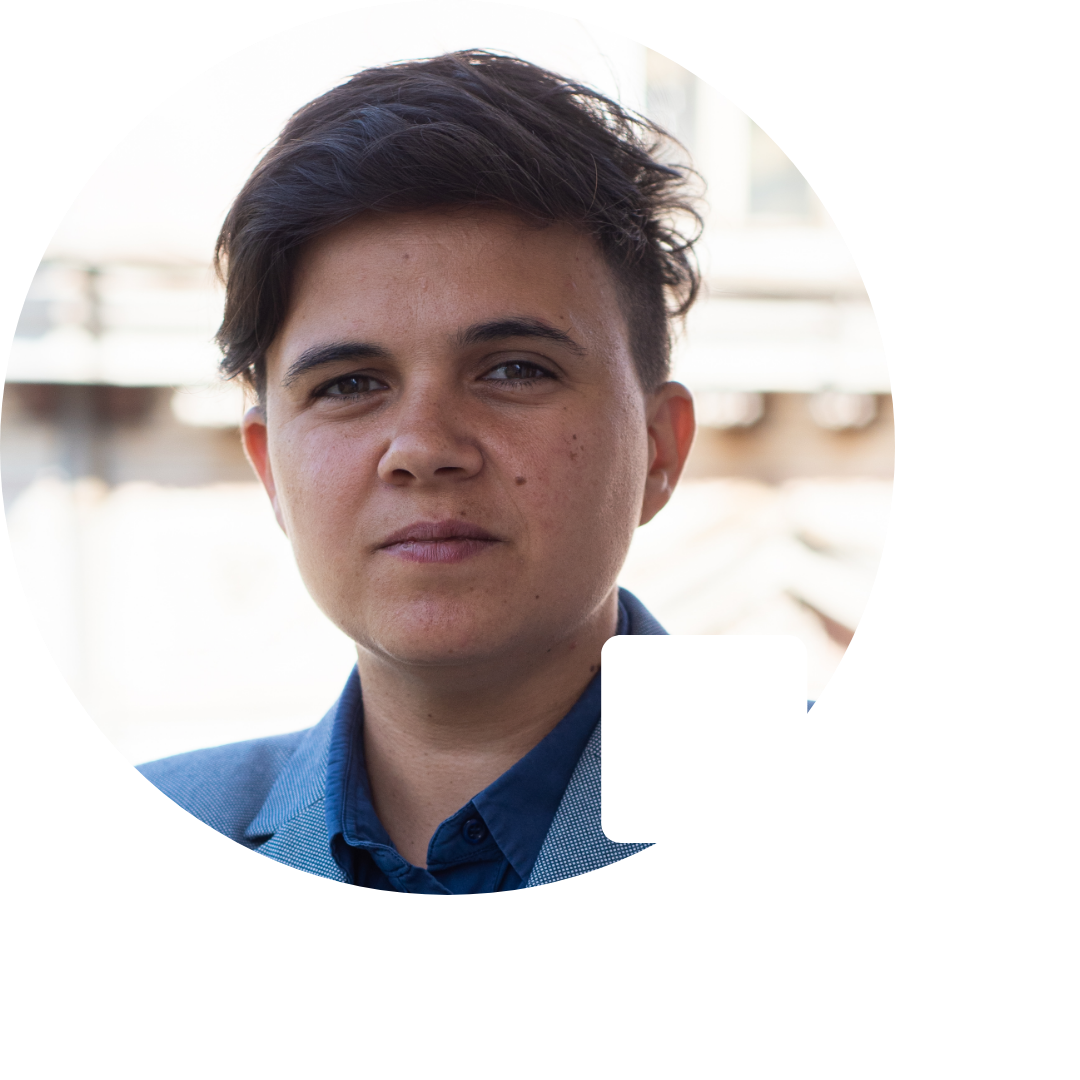
BULGARIA
Denitsa Lyubenova
Denitsa Lyubenova is a lawyer and human rights defender. She is graduated from the University of National and World Economy, and Utrecht University with the specialization in public international law, the Netherlands. Denitsa Lyubenova has many years of experience and proven expertise in LGBTI cases, such as recognition of marriage concluded abroad, recognition of birth certificates of children of same-sex couples issued abroad, cases for change of the legal gender of trans and intersex people, and other cases of discrimination against LGBTI persons. She has numerous cases pending before the European Court of Human Rights (ECtHR). The most recent case that Denitsa Lyubenova is conducting concerns the issuance of a Bulgarian birth certificate and citizenship to a child born into a same-sex family, which is heard by the Grand Chamber of the Court of Justice (C-490/20). She is also a guest lecturer at the Human Rights campus of the Council of Europe University in Venice, Italy. Denitsa Lyubenova has published numerous legal research articles, reports and book on gender, LGBTI people, etc.
VITA
Denitsa Lyubenova is a lawyer and human rights defender. She is graduated from the University of National and World Economy, and Utrecht University with the specialization in public international law, the Netherlands. Denitsa Lyubenova has many years of experience and proven expertise in LGBTI cases, such as recognition of marriage concluded abroad, recognition of birth certificates of children of same-sex couples issued abroad, cases for change of the legal gender of trans and intersex people, and other cases of discrimination against LGBTI persons. She has numerous cases pending before the European Court of Human Rights (ECtHR). The most recent case that Denitsa Lyubenova is conducting concerns the issuance of a Bulgarian birth certificate and citizenship to a child born into a same-sex family, which is heard by the Grand Chamber of the Court of Justice (C-490/20). She is also a guest lecturer at the Human Rights campus of the Council of Europe University in Venice, Italy. Denitsa Lyubenova has published numerous legal research articles, reports and book on gender, LGBTI people, etc.
You are lawyer and describe yourself as a human rights defender. How did you choose this field?
I have many years of experience and proven expertise in LGBTI cases, especially with regard to recognition of marriages concluded abroad, recognition of birth certificates of children of same-sex couples born abroad, and overall protection of LGBTI rights. The LGBTI community in Bulgaria is especially my focus, because Bulgaria lacks laws and procedural regulations for recognizing and protecting same-sex partnerships. It does not provide protections in cases of bias motivated crimes based on sexual orientation and/or gender identity of the victims.
What kind of cases you handle in protection of LGBTI community?
Solely in 2021, our NGO LGBT Deystvie and myself have consulted over 120 LGBTI people on their rights and led over 50 cases. 23 of the cases related to the Trans people who want to change their gender on their official documents, cases of domestic violence between same-sex partners, and cases of family name change, regarding marriages concluded abroad. We have also several cases pending before the European Court of Human Rights (ECtHR). One of the cases before ECtHR concerns the recognition of same-sex marriage between two Bulgarian women concluded on the territory of the UK. Another case concerns the lack of legal and procedural protection regarding same-sex domestic violence, as the Domestic Violence Act in Bulgaria only covers different-sex relationships when it comes to domestic violence.

Do you have any recent cases pending before the court?
The most recent case that I have been working on is the case of Baby Sara. It concerns the issuance of a Bulgarian birth certificate and citizenship to a child born into a same-sex family, which is heard by the Grand Chamber of the Court of Justice (CJEU). On 14 December 2021, the CJEU issued a ruling on a request for a preliminary ruling by the Administrative Court Sofia City (ACSC). According to the CJEU judgment, once a child’s parentage is established in an EU Member State, it should be recognized throughout the EU, regardless of the parents’ sex or national law. The judgment came as a result of the lawsuit filed by the family of the victim with my legal assistance due to the refusal of Sofia Municipality to issue a birth certificate for the two-years old Sara. Sara, who lives in Spain with her two mothers, one of whom is Bulgarian, still lacks documents. The ACSC will have to implement the judgment of the CJEU, obliging the Bulgarian administration to issue identity documents for the child so that Sara can exercise her right to move freely in the EU as a European citizen.
How does the social and political climate look like for the LGBTI community in Bulgaria?
Human rights is seen as something shameful in Bulgaria. Political leaders still refuse to make a statement on human rights, let alone LGBTI rights. In general, the society is very conservative, and the widely spread corruption coupled with poverty among people brings down a total understanding of why human rights are important. Therefore, it is difficult to work in such an environment. Indeed, there are not many human rights defenders, and human rights lawyers are even fewer. Bulgaria is also one of the most homophobic and transphobic places in the European Union. In 2004, the Bulgarian Parliament voted the Act against Discrimination, which included sexual orientation as a ground, in order to meet the requirements for European Union’s accession. 16 years later, not only are there no positive developments in the legislation, but the attitudes towards the LGBTI community are also getting worst. Since 2017, there is a clear deterioration of the social and political climate in Bulgaria. Attacks against LGBTI people have also become more frequent. The legal program of Deystvie reports a hike in the attack rates and cases of discrimination by 2019. In a period of a couple of months, the only LGBTI center in the country the “Rainbow Hub” was vandalized 4 times. It shows that perpetrators feel empowered by the political narrative against disadvantaged groups.

“It is our duty as lawyers to protect equal rights of people, democracy and human rights in our respective countries.”
Have you experienced any resistance in your legal practice?
In mid-January 2020, LGBT Deystive became under police investigation, as the extreme conservative circles have signaled to the prosecutor’s office that the campaigns for rights of same-sex partners undermine the constitutional order of Bulgaria. Indeed, the political party, “Revival”, a far right party, together with an evangelistic NGO “National Group – Parents United for Children” submitted a motion to the prosecutor's office against LGBT Deystvie for a crime under Article 108 of the Bulgarian Penal Code.
What does Article 108 say?
Article 108 states that “Anyone who preaches fascist or other anti-democratic ideology or forcibly alters the social and state order established by the Constitution of the Republic of Bulgaria shall be punished by imprisonment for a term not exceeding three years or a fine of up to five thousand Levа”. The reason for this motion was a protest organized by LGBT Deystvie in front of the parliament against the decision of the Supreme Administrative Court that published a refusal to recognize the marriage between Lili and Darina concluded in the UK. During the protest, LGBT Deystvie announced the start of the campaign “Family for All”. In this connection, two police officers visited LGBT Deystvie and asked Ms. Veneta Limberova, Chairperson of LGBT Deystvie, to testify on what happened at the protest and what the aim of the campaign was. This information was requested, although the protest was conducted in agreement with the Sofia Municipality, and guarded by the police. We believe that both our litigation and advocacy work regarding the campaign “Family for All” were in the core of the police investigation. Fortunately, the prosecutor’s office did not proceed with the investigation against LGBT Deystvie.
What will improve the situations in Bulgaria?
Only political support can make the situation of LGBTI people in Bulgaria better. Human rights is the door to the rule of law. It is our duty as lawyers to protect equal rights of people, democracy and human rights in our respective countries.
Bulgaria
